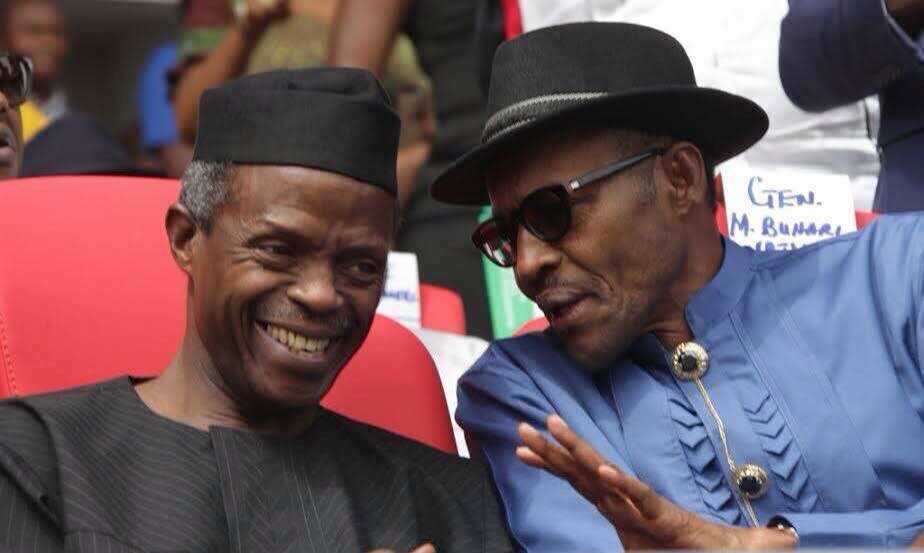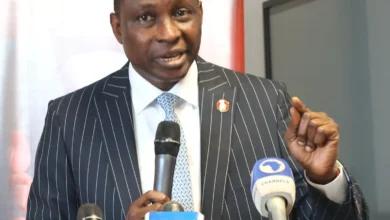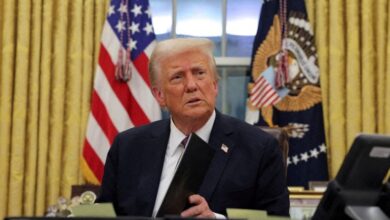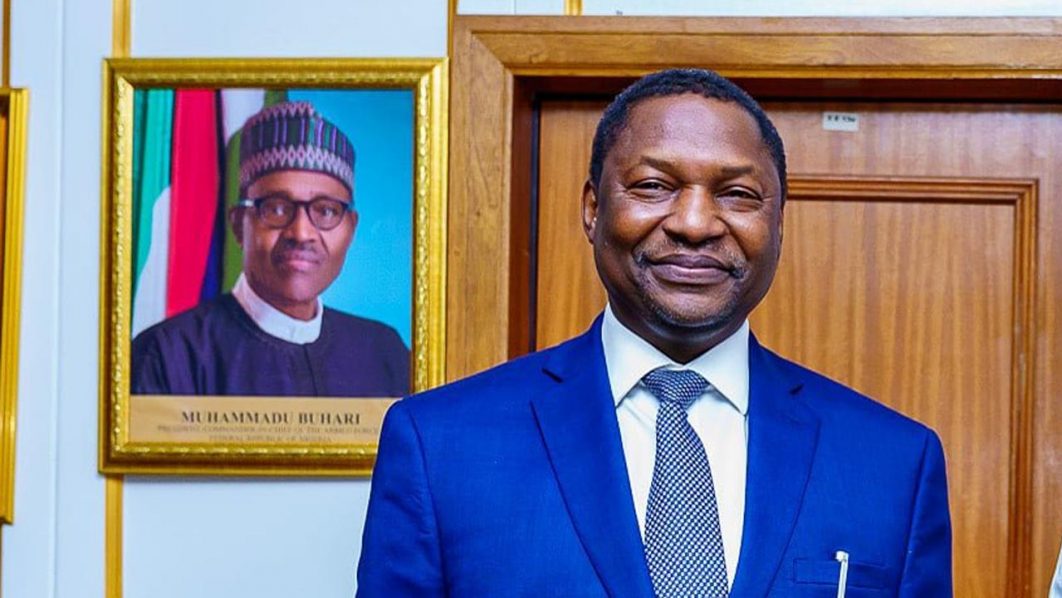Years of deterioration, corruption can’t be remedied overnight – Osinbajo

*Tells hardship protesters ‘We hear you loud and clear’
“The last intervention was in December when we paid the Paris Club refund to the states. This is money that the Federal Government had owed the states since 2005 and even when oil was selling at $115 per barrel, this debt was not paid. “The President insisted when he was going to pay that money to the states that at least 50 percent of it must be to pay salaries of workers. We tend to ensure that, of course, that is what is done. Many of the states were able to pay salaries and backlog of pensions in December because of that particular fund that was made available to the states.”
Acting President Yemi Osinbajo has told Nigerians protesting against the hardship in the land that the Federal Government hears them loud and clear.
Osinbajo was speaking at the Banquet Hall of the Aso Rock Presidential Villa in Abuja on Monday while declaring open, the Consultative Forum on Economic Recovery and Growth Plan (ERGP).

“I have also gone round the country, and I have heard the people even in the past few weeks and even today, some are out on the streets protesting. Many of our people are saying the same thing that things are hard, things are difficult. But I would like to say to every Nigerian that we hear you loud and clear,” he said
The Acting President assured that the Federal Government was determined to give the ordinary man a fair deal.
According to him, while Nigerians have the right to live well and decently, the Federal Government is committed to making that happen.
Osinbajo, however, stressed that “years of deterioration and corruption cannot be remedied over night.”
He added: “But again I must emphasise that it is our business and duty to ensure that we put the Nigerian economy on the right path to sustainable growth and that is exactly what we are determined to do.”
He noted that the Federal Government had, in the past 13 months, intervened three times to give the states enough resources to pay workers’ salaries.
Osinbajo stated: “The last intervention was in December when we paid the Paris Club refund to the states. This is money that the Federal Government had owed the states since 2005 and even when oil was selling at $115 per barrel, this debt was not paid.
“The President insisted when he was going to pay that money to the states that at least 50 percent of it must be to pay salaries of workers. We tend to ensure that, of course, that is what is done. Many of the states were able to pay salaries and backlog of pensions in December because of that particular fund that was made available to the states.”
The acting president also stated that the country was currently in what he described as “a serious economic situation.”
Osinbajo said President Muhammadu Buhari was particularly concerned about the lot of the common man.
He said the present administration had demonstrated its concern for ordinary Nigerian through its N500 billion social investment programmes and described the involvement of the private sector as fundamental to the government’s approach to economic planning.
On his own part, Budget and National Planning Minister Udoma Udoma listed the constraints of the nation’s growth as including “fuel, power, foreign exchange and business unfriendly regulation.”
Udoma, who said the government alone could not achieve economic recovery and transformative growth, added: “It is essential to harness the entrepreneurial nature of Nigerians, from the MSMEs to the large domestic and multinational corporations.”
He said the ERGP was a medium-term plan expected to drive the country to a minimum GDP growth rate of seven percent within the plan period.
The goal, according to him, is to have an economy with low inflation, stable exchange rates, and a diversified and inclusive growth.
He listed the immediate execution priorities of the ERGP as including agriculture and food security, energy (power and petroleum) as well as small businesses and industrialisation and stability of the macro-economic environment.
The minister said there would be a major emphasis on implementation as well as monitoring and evaluation of the ERGP.








